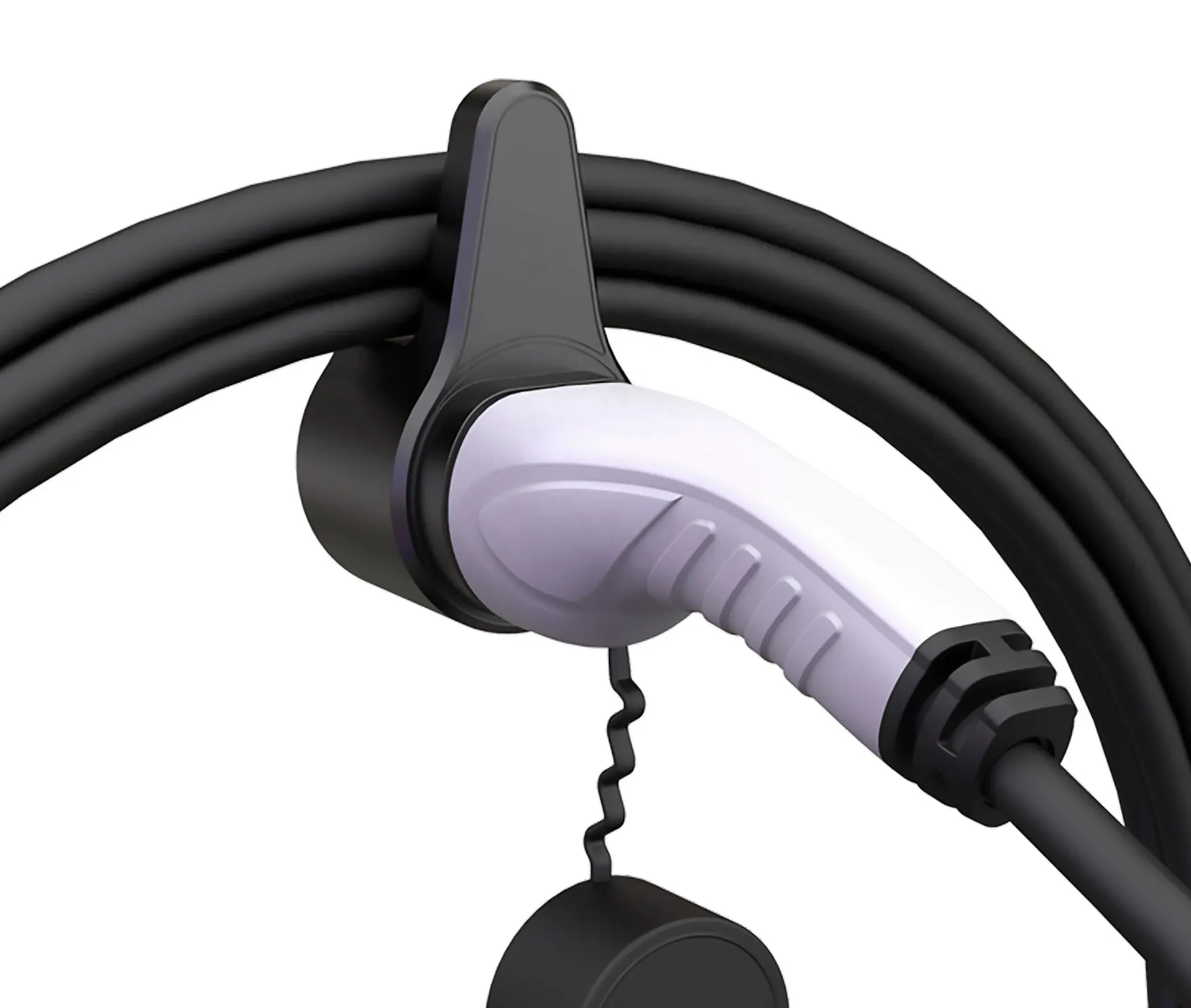
The advent of electric cars has ushered in a new era of automotive technology, combining sustainability and innovation. As electric cars become more and more popular, it is important to understand the subtleties of their maintenance and operation. One of the main aspects that often puzzles new EV owners is choosing the right charging cable. With different types of cables, connectors and charging speeds, making the right choice can seem daunting. This comprehensive guide aims to shed light on this process and ensure that you can make an informed decision that best suits your EV needs.
Understanding charging levels
Before we start looking at cable types, it is important to understand the different charging levels:
Type 1 charging cable: uses a standard household power socket (110-120 V) and does not require a special charging cable other than the one normally supplied with the vehicle. This is the slowest charging option and is suitable for overnight charging or if you are travelling a minimum distance.
Type 2 charging cable: Requires a 240 V power supply, which can significantly speed up charging times. Most EV owners will consider installing a Level 2 charging station at home for faster charging. The Level 2 charging cable must be compatible with your home charging station and your car.
DC fast charging: the fastest charging method, using direct current rather than alternating current and requiring dedicated charging stations on public charging networks. The DC fast charging cable is permanently connected to the charging station.
Cable types and connectors
When choosing a charging cable, the most important thing to consider is the type of connector on your electric car. There are several types of connectors available for Level 2 and DC fast charging, so it’s important to choose a cable that matches the port on your car. Here is a simplified overview:
Type 1 connectors: typically found on older models and in certain regions, suitable for Level 1 and Level 2 charging.
Type 2: The most common connector in newer EVs, in some cases supporting both Level 2 and DC fast charging.
CHAdeMO: A DC fast charging connector commonly used by some manufacturers for fast charging.
CCS (Combined Charging System): another type of fast charging connector that supports both AC and DC charging and is increasingly being used in new EVs.


Cable length and durability
Choosing the right length of charging cable is essential for comfort. A longer cable gives more flexibility in parking spaces in relation to the charging station, but can be more difficult to store and handle. Conversely, a shorter cable may restrict parking options but is easier to manage. Choose a cable length that strikes a balance between convenience and practicality.
Durability is also an important aspect. The charging cable will be used frequently and sometimes in harsh weather conditions. Look for cables that are robust, weatherproof and able to withstand the wear and tear of everyday use.
Charging speed and cable capacity
Not all cables support the same charging speed. When choosing a cable, consider its capacity in terms of amperage and voltage. A cable with a higher amperage can usually be charged faster if your electric car and charging station can adapt to the higher charging speed. To ensure efficient charging, always match the cable’s power to the maximum capacity of your vehicle and charging station.
Safety and certification
Safety should never be compromised. Make sure that any charging cable you are considering is certified and meets the relevant safety standards. Look for certificates guaranteeing that the cable has been tested for safety and performance, reducing the risk of electric shock or fire.

Choosing the right charging cable for your electric car requires understanding your vehicle requirements, the available charging infrastructure and balancing factors such as speed, convenience and safety. By taking into account the type of charging, connector compatibility, cable length and durability, charging capacity, and ensuring safety certifications, you can choose a charging cable that not only meets your daily needs, but also enhances your EV experience. Remember that the right charging cable is a crucial component to maximise the efficiency and enjoyment of your electric car, paving the way for a smoother and more sustainable journey on the road.
- Share

